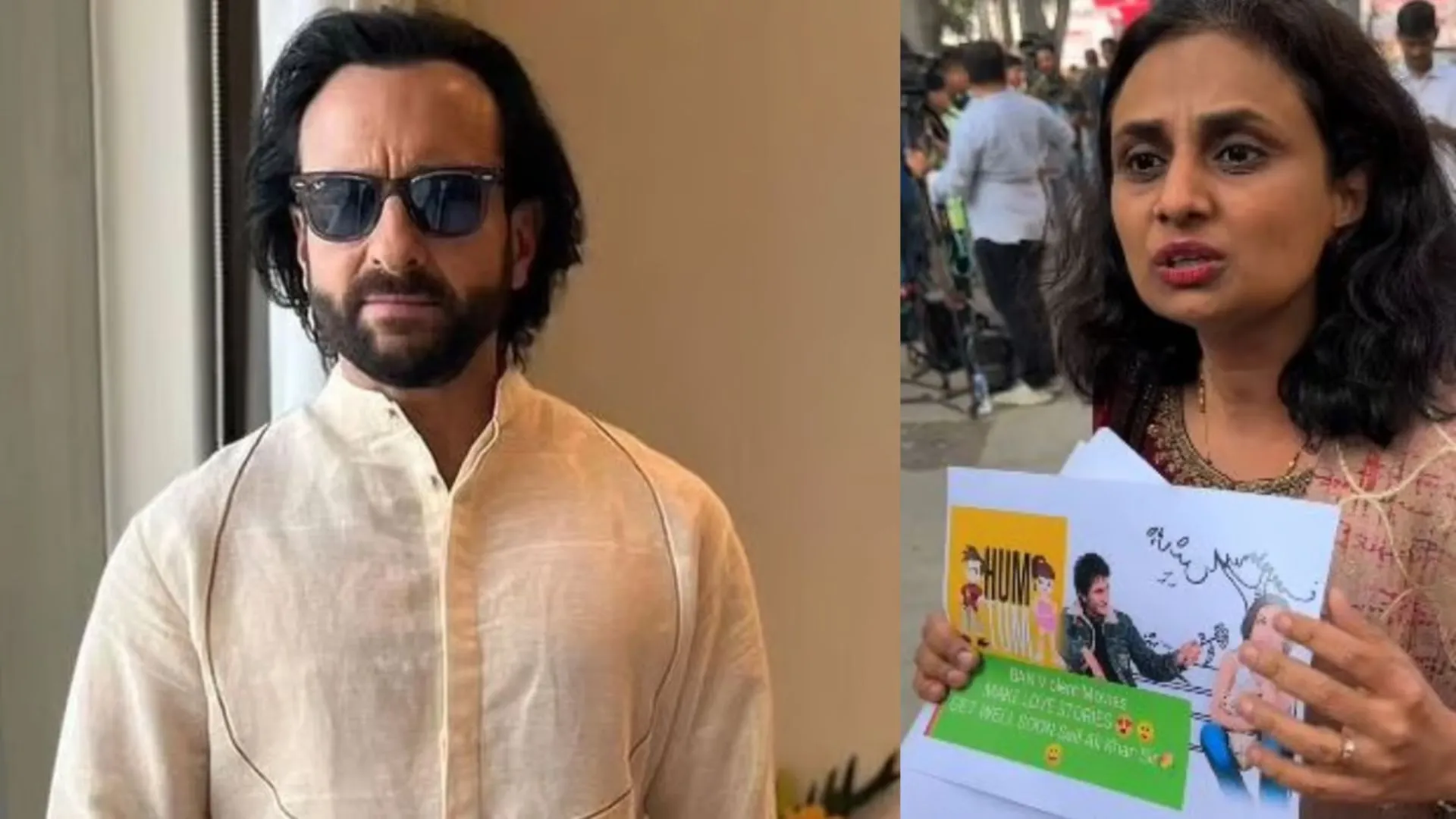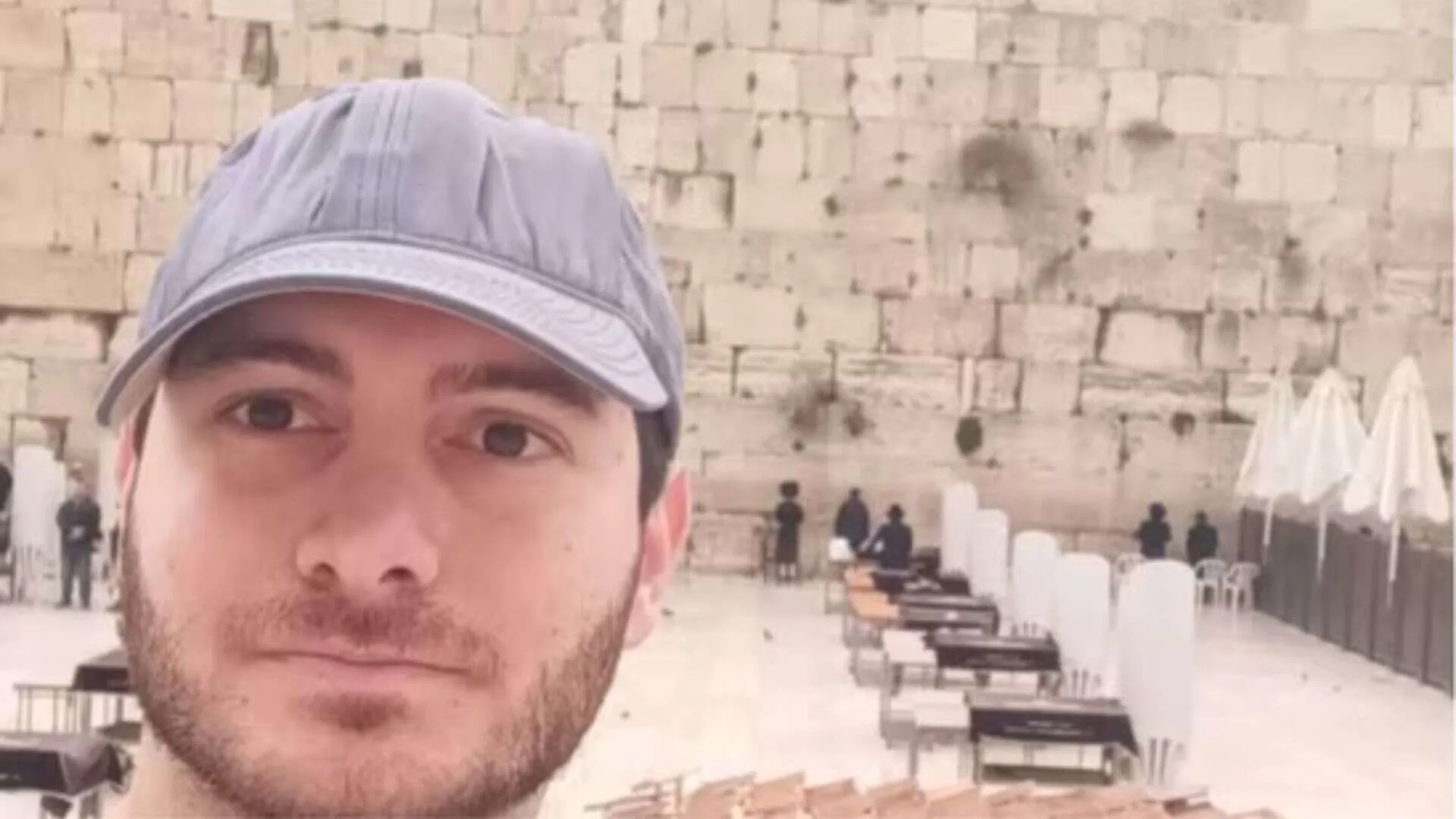Last week, India’s Pradhan Sewak, our beloved Prime Minister Narendra Modi suggested to the Chief Justices of all High Courts to set up district-level committees in their respective States, to be headed by the District Judges, to consider bail for the under-trial prisoners. The Prime Minister was addressing the Joint Conference of the Chief Justices of High Courts and Chief Ministers of States held in Delhi. The Chief Justice of India N V Ramana was also present on the occasion. Expressing his concerns about the incarceration of under-trial prisoners, Prime Minister Modi said: “Today, there are about 3.5 lakh prisoners in the country who are under-trials and are in jail. Most of these people are from poor or ordinary families. I would request that in every district there should be a committee, which can be headed by the district judge, so that these cases can be reviewed and wherever possible, such prisoners may be released on bail”. Further, Prime Minister Modi said, “I would appeal to all Chief Ministers and Chief Justices of High Courts to give priority to these matters on the basis of humanitarian sensibility and law”. The observations made by Prime Minister Modi, though delayed, are genuine and laudable and need serious consideration. However, there is a need to work jointly, to mitigate the cases of illegal arrests and false prosecutions and grant bail to the under-trial prisoners because State plays a significant role in the administration of justice. If the law-enforcement agencies of the Centre and the States discharge their functions professionally and honestly, the number of under-trial prisoners will be decreased in the jails.
The Prime Minister Modi may also consider asking the State Governments run by his political party and the Central Government’s law-enforcement agencies not to arrest people unnecessarily or without sufficient evidence. Some opposition-ruled States are also following the same pattern. This is not acceptable at all. Arresting people for posting critical tweets on social media is one such misuse of police power. A few days ago, the Maharashtra government also arrested an MP and MLA for planning to chant religious prayers outside the residence of Chief Minister Uddhav Thackeray in Mumbai. Surprisingly, both of them are booked on charges of sedition. This is nothing but a clear misuse of political and police power by the Maharashtra government. The governments should have the patience to tolerate their criticism because criticism makes the democracy mature and accountable. We are living in a free country, not in an autocratic nation. The government agencies have to build a professional temperament and image to protect free speech and critical expressions by citizens. Sadly, many critics of the government are lodged in jail for a long time without bail in different States. In some States, when the Courts grant bail to the accused persons, the police arrest them in different cases immediately when they come out of the prison. The public intellectuals, constitutional pundits, and thinkers think hundreds of times before writing critical pieces against the government or its wings because of the fear of criminal prosecutions and arrests. Very few newspapers and magazines publish critical pieces nowadays because of the government’s undeclared censorship and pressures. Today, illegal arrests are the norms. Bail is no more a rule, as Justice Krishna Iyer had once said, but now it has become an exception in this land of Bapu. Was it the vision of Mahatma Gandhi, Babasaheb Ambedkar, and Chacha Nehru for this great land of saints? I do not think so. Ours is a land of courage, wisdom, and sacrifice where there is no place for fear. Every citizen has a fundamental right to express his views without any fear in our country.
The illegal arrests and false prosecutions violate human rights of people badly. In our society, the arrest is a stigma. Nobody wants to face it because it has an impact on human dignity and reputation in society. The Supreme Court has rightly observed, in the Siddharam Satlingappa Mhetre case, that a great ignominy, humiliation, and disgrace are attached to the person who is arrested in a case. Arrest leads to many serious consequences not only for the accused but for the entire family, friends, and relations and even for the community. The Court rightly states that most people do not make any distinction between arrest at a pre-conviction stage or post-conviction stage. Thus, the police and other law-enforcement agencies should exercise their power to arrest the people cautiously. There are cases when accused persons get bail after spending ten or fifteen years in jail for offences like NDPS, UAPA, etc. Who will compensate them if they are convicted of such offences?
In the case of State of Kerala v. Raneef, (2011), the Supreme Court has observed that bail applications should be decided expeditiously. “In deciding bail applications an important factor which should certainly be taken into consideration by the court is the delay in concluding trial. Often this takes several years, and if the accused is denied bail but is ultimately acquitted, who will restore so many years of his life spent in custody? Is Article 21 of the Constitution, which is the most basic of all the fundamental rights in our Constitution, not violated in such a case? Of course, this is not the only factor, but it is certainly one of the important factors in deciding whether to grant bail”, the Apex Court observed in the Raneef case. Indeed, very powerful and genuine observations.
Time and again, the Supreme Court has also reiterated its view that bail is a rule and jail an exception and the courts need to decide the bail applications expeditiously. But the situation is quite different on the ground level. The Courts of Law, particularly the trial courts hesitate to release accused persons on bail and bail applications remain pending for months and years despite the directions of the Supreme Court issued in many cases. Thus, there is a need to adopt a humane approach in the adjudication of bail applications. The Courts should respect the presumption of innocence and decide the bail applications keeping in view the state of trials. Putting people behind the bars, pending trial for years, does not serve any purpose. In Dataram case, the Supreme Court said, “..a humane attitude is required to be adopted by a judge, while dealing with an application for remanding a suspect or an accused person to police custody or judicial custody. There are several reasons for this including maintaining the dignity of an accused person, howsoever poor that person might be, the requirements of Article 21 of the Constitution and the fact that there is enormous overcrowding in prisons, leading to social and other problems as noticed by this Court in In Re-Inhuman Conditions case”.
It is submitted that the judiciary and the law-enforcement agencies are expected to pay heed to the Prime Minister’s advice. They may work together to minimize the illegal arrests and detentions of people. Both the judiciary and the government are duty-bound to protect the life and personal liberty of the people as mandated under Article 21 of the Constitution. The deprivation of personal liberty is a matter of serious concern which needs urgent attention. The arrest of a person should always be based on a procedure which is just, fair, and reasonable as ruled by the Supreme Court repeatedly. No government or its law-enforcement agency should be allowed to arrest people according to their will. The time has come when the responsibility of the government officers must be fixed for arresting people without sufficient evidence. The victims deserve fair compensation in cases of illegal arrests by the law-enforcement agencies. The arrest should be the last option, not a routine exercise to intimidate the people. A fearless society is a foundation of a great democracy.























